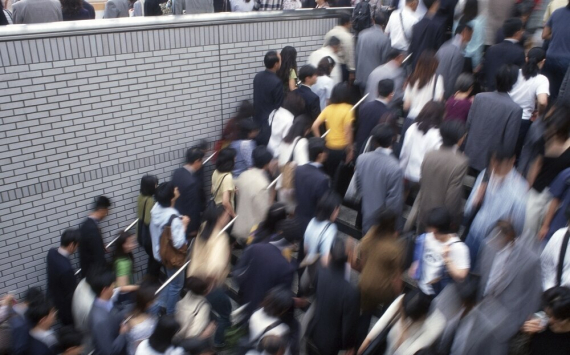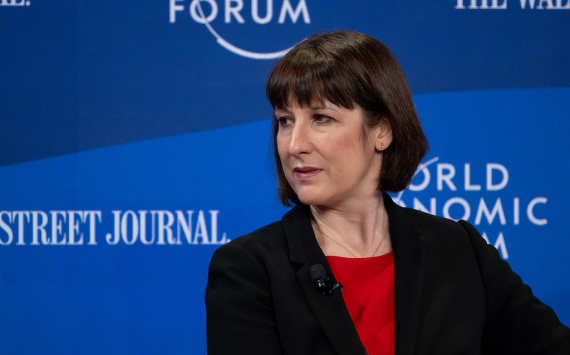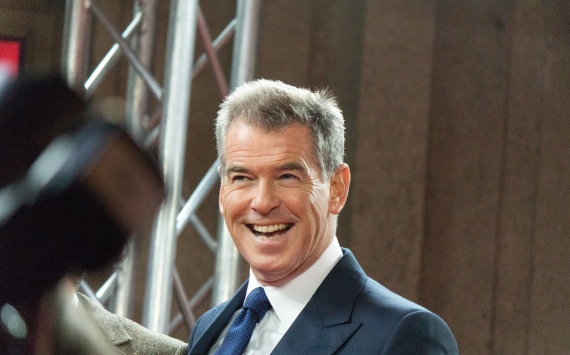
Labour force in the UK
Early retirement and an ageing population are among the main drivers of labour shortages in the United Kingdom. This was the conclusion reached by the authors of a report published on Tuesday by the House of Lords Economic Affairs Committee of the British Parliament.
The exodus of more than half a million people from the British workforce following the Covid pandemic puts the economy at risk of weak growth and sustained high inflation, the Lords' report said.
The House of Lords Economic Affairs Committee said the surge in economic inactivity where working-age adults are not working or looking for work since the start of the health emergency poses "serious problems" for the economy.
Amid severe labour shortages across the country, he said retirements among those aged 50 to 64 were the biggest contributor to the 565,000 increase in economic inactivity since the pandemic began.
Rising sickness rates among working-age adults, as well as changes in migration patterns after Brexit and an ageing UK population were also key factors in the rise in the "missing" workforce.
According to the report, labour shortages due to the loss of these people from the labour market are damaging economic growth in the short term, as well as reducing the tax revenue available to fund public services.
It says a fall in labour supply could also add to inflationary pressures as employers compete for fewer available workers by raising wages.
Inflation slowed from a peak of more than 11% in October to 10.7% in November, still one of the highest rates since the early 1980s. Growth in average UK wages has strengthened in recent months to around 6%, although it remains well below inflation.
Reflecting on the risks to the economy, Chancellor Jeremy Hunt used last month's autumn statement to launch a review of labour force participation due to be completed early next year.
Economists warn that declining public services in recent years and record NHS waiting lists are contributing to the problem amid a surge in long-term sickness rates.
It is worth noting that inflation in the UK slowed to an annualised rate of 10.7% in November, but the figure was still the highest in almost 40 years.
On 17 November, UK Treasury Secretary Jeremy Hunt said that the economy had entered recession.






































